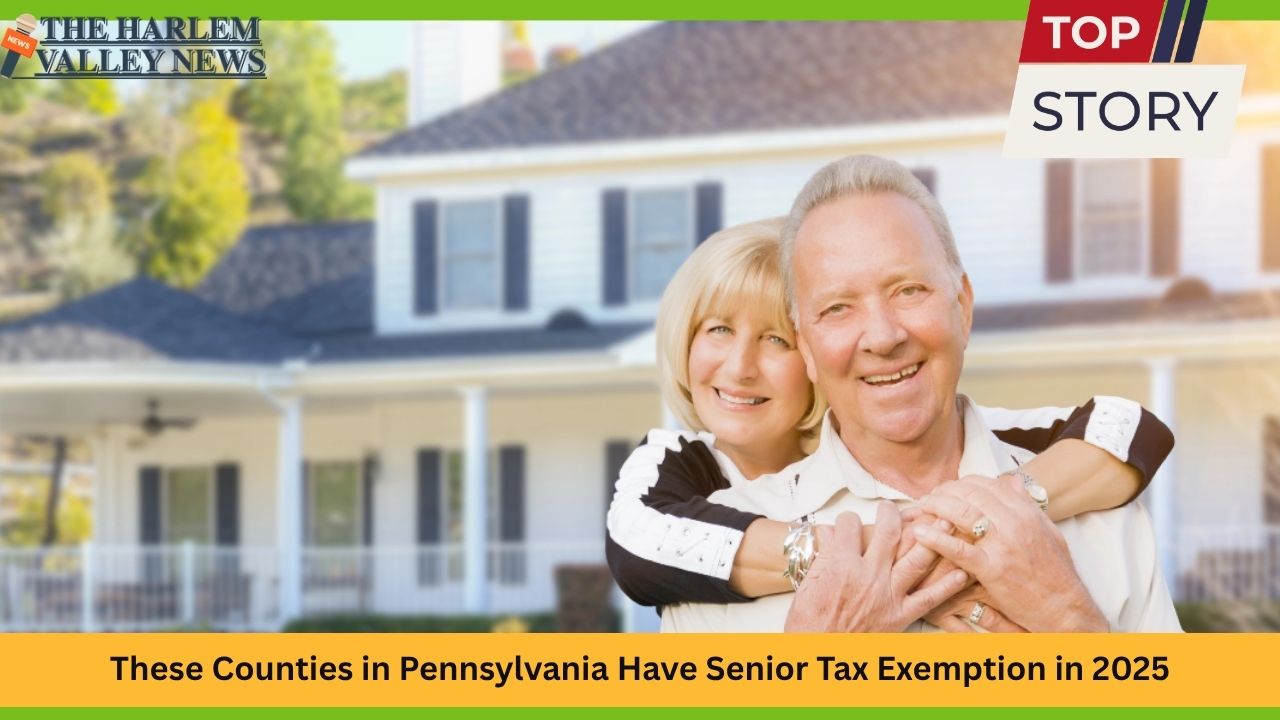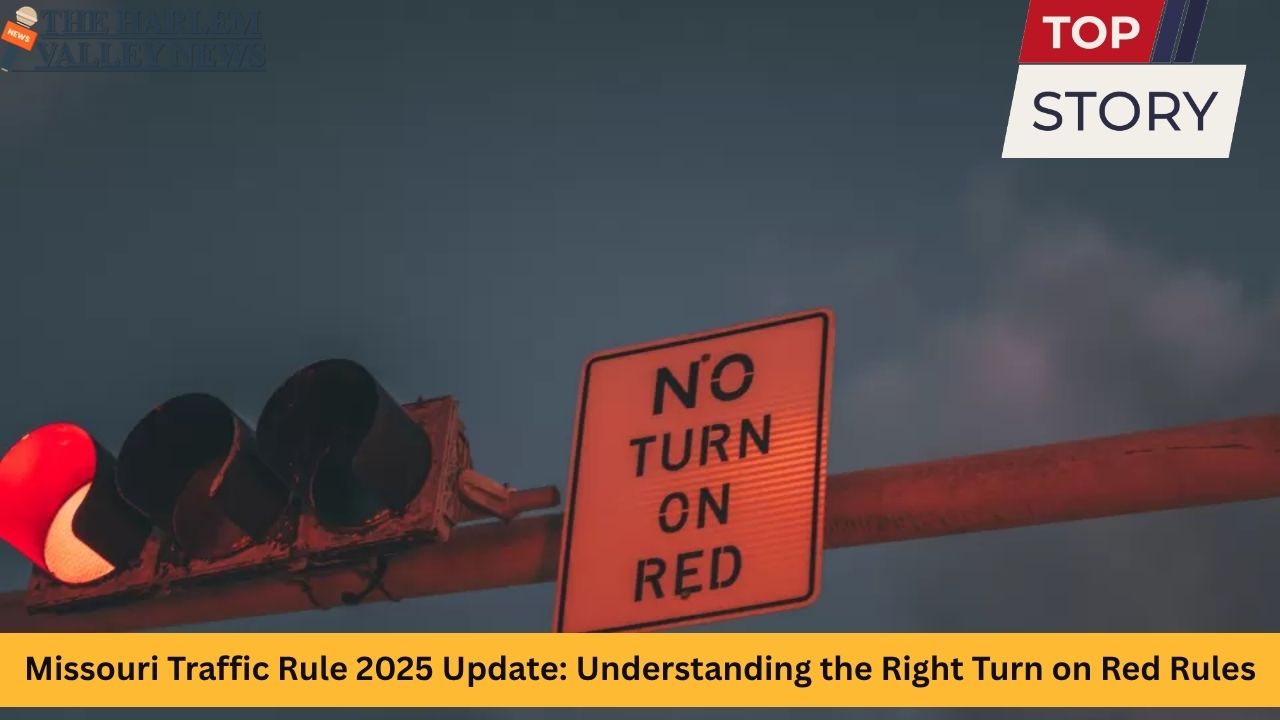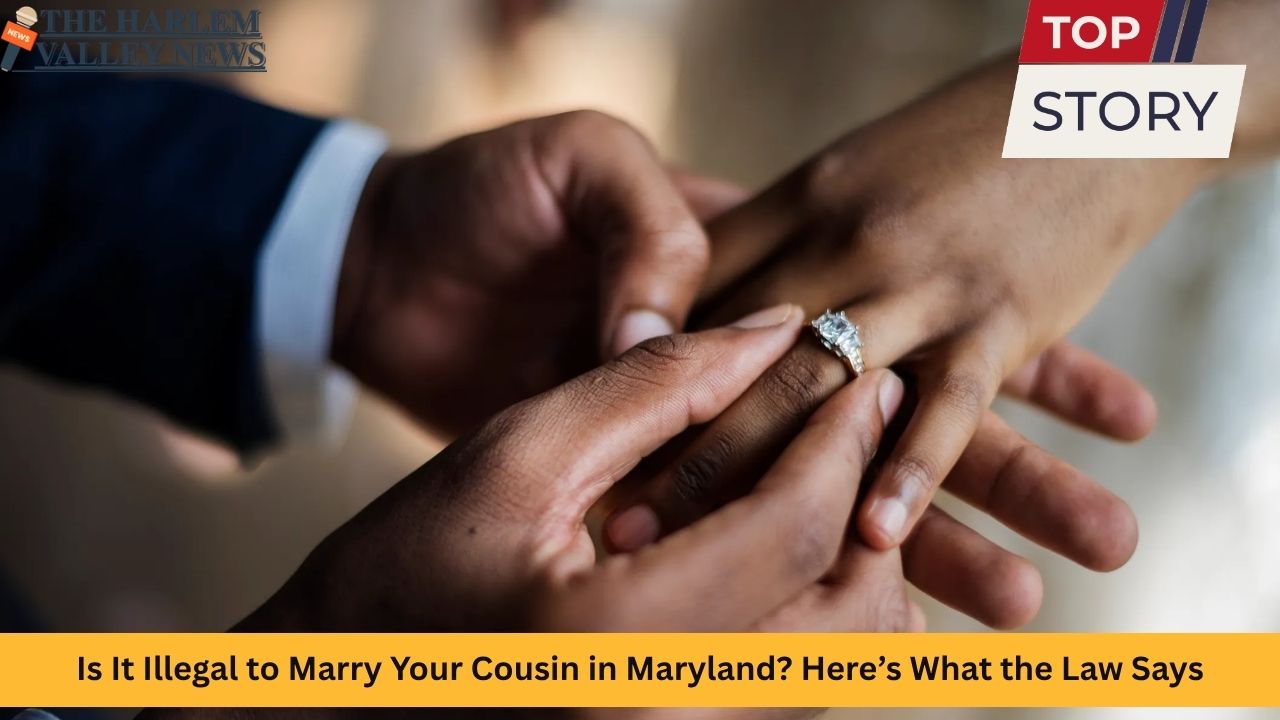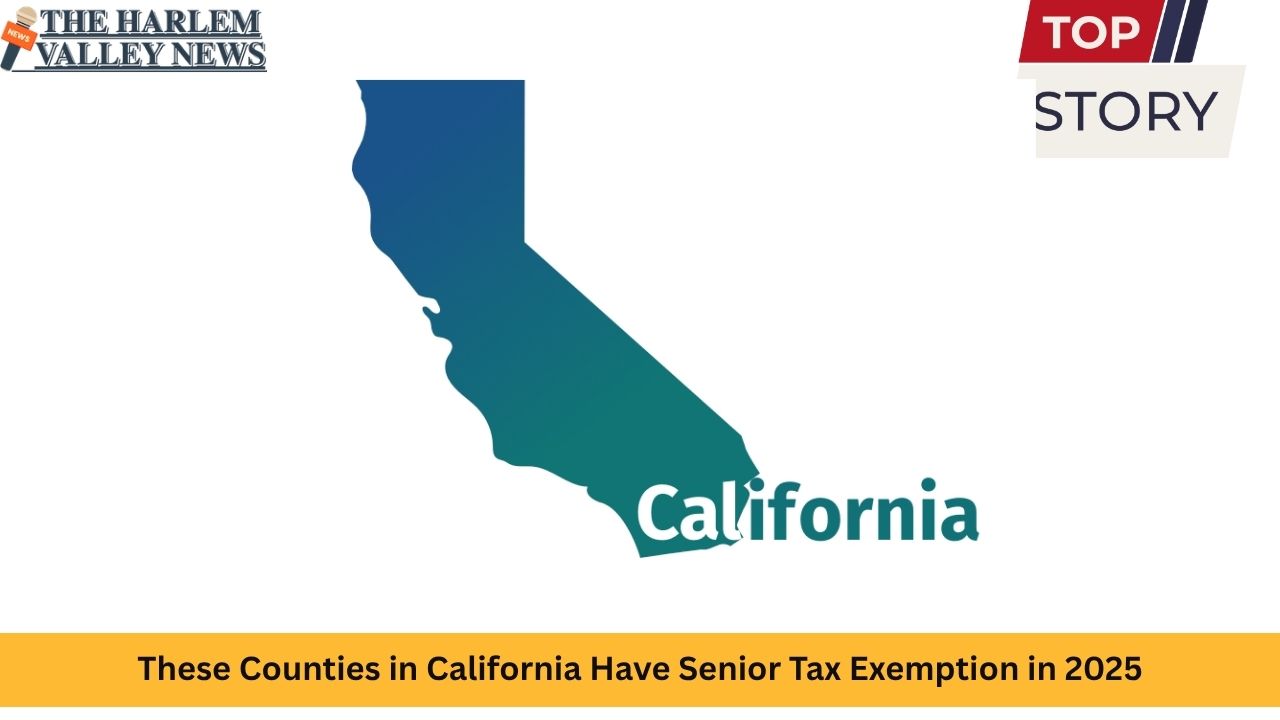Senior tax exemption programs hold significant importance for retirees across Pennsylvania. With a growing senior population and rising living costs, the ability to reduce or eliminate certain taxes provides critical financial relief. In 2025, Pennsylvania remains at the forefront of addressing these needs with a comprehensive approach to property tax and rent rebate programs, along with unique exemptions in several counties.
This article explores the counties in Pennsylvania offering senior tax exemption programs in 2025, the eligibility criteria for these programs, the cities most impacted, and the broader effects on retirement quality and local economies.
How Senior Tax Exemption Works in Pennsylvania
Senior tax exemptions typically target homeowners and renters above a set age who meet specific income and residence requirements. Pennsylvania operates a statewide Property Tax/Rent Rebate (PTRR) Program that delivers direct rebates to qualifying seniors, widows or widowers, and individuals with disabilities. Additionally, some counties such as Allegheny, York, and Philadelphia offer supplementary local programs with higher discounts or freezes on property taxes.
Key Features of Pennsylvania’s Senior Tax Relief
-
Expanded income eligibility cap for homeowners and renters, indexed to inflation starting in claim year 2024.
-
Rebates up to $1,000 depending on income for qualifying residents.
-
Additional local relief in select counties, sometimes including a percentage-based property tax reduction or tax freeze.
Senior Demographics: The Need for Tax Relief
Currently, Pennsylvania ranks high nationally for its aging population. Cities like Pittsburgh, Philadelphia, Harrisburg, Erie, and Allentown have sizable senior communities. For retirement hotspots such as Lancaster and Scranton, senior households often represent over a quarter of local populations. With property taxes varying widely—from rural counties to denser suburbs—seniors can face burdens of several thousand dollars annually.
In recognizing this, state and local governments had to expand both eligibility and benefit amounts to address the growing number of retirees relying on fixed incomes. The PTRR program expansion in 2025 is a landmark in this effort.
Details on the 2025 Property Tax/Rent Rebate Expansion
The 2025 expansion increased income eligibility to $45,000 for both homeowners and renters, a significant leap from previous thresholds. Furthermore, the maximum rebate rose to $1,000. The revamped system ensures annual adjustments so that Social Security increases do not inadvertently exclude residents.
Eligibility for the program includes:
-
Age 65 or older (or surviving spouses age 50 and older)
-
Individuals with disabilities age 18 and older
-
Income limits adjusted yearly (now up to $45,000)
Many beneficiaries also include widowers and people with disabilities, thus ensuring broad coverage.
Table: Counties with Senior Tax Exemption and Estimated New Beneficiaries
| County | Additional Eligible Seniors | Notable Cities |
|---|---|---|
| Philadelphia | 20,300 | Philadelphia |
| Allegheny | 16,500 | Pittsburgh, McKeesport |
| Montgomery | 5,000 | Norristown, Lansdale |
| Delaware | 4,300 | Chester, Media |
| Westmoreland | 6,900 | Greensburg, Jeannette |
| Luzerne | 6,000 | Wilkes-Barre, Hazleton |
| Bucks | 4,500 | Doylestown, Bensalem |
| York | 5,600 | York, Hanover |
| Lancaster | 5,700 | Lancaster, Ephrata |
| Lehigh | 4,500 | Allentown, Whitehall |
| Berks | 5,700 | Reading, Wyomissing |
| Erie | 4,800 | Erie, Corry |
| Chester | 2,300 | West Chester, Coatesville |
| Others | See full breakdown | Harrisburg, Scranton etc. |
Spotlight: Major City Programs
Philadelphia
Philadelphia features a robust tax freeze for seniors meeting age and income guidelines. This means property tax is locked at the rate set at the time of enrollment, regardless of subsequent home assessments. Philadelphia has about a quarter of its population in the senior age bracket, and more than 20,000 new seniors became eligible under the 2025 expansion. Seniors here benefit not only from the statewide PTRR but from city-specific programs as well.
Pittsburgh and Allegheny County
Allegheny County, with Pittsburgh as its anchor city, runs the Act 77 Senior Citizen Tax Relief Program in addition to the state’s PTRR. This local relief provides qualified senior homeowners a 30% reduction on their county property tax. Applicants must be over 60 years old and have lived in their home for at least 10 years, with household income not exceeding $30,000. This program covers Pittsburgh, McKeesport, Bethel Park, and the broader county, markedly improving affordability for retirees.
York, Lancaster, and Harrisburg
In south-central Pennsylvania, cities like York, Lancaster, and Harrisburg have increasing retiree populations. York County’s real estate tax relief program simplifies access for elderly residents and the disabled. Lancaster and Harrisburg also see high enrollment in the PTRR, leveraging both state and local resources.
Rural Counties: Surprising Growth in Senior Relief
Not all tax exemptions center on metropolitan areas. Pennsylvania’s rural counties—like Jefferson, Clarion, Bedford, and Juniata—also see strong participation. In fact, rural communities often have larger proportions of seniors and, because of generally lower incomes, more households qualify for significant rebates. Towns such as Punxsutawney in Jefferson County or Bedford in Bedford County have vibrant senior communities with notable local benefits.
Income Limits and Rebate Structure in 2025
The PTRR operates on a sliding scale based on income. In 2025, qualifying incomes and corresponding maximum standard rebates are:
-
$0-$8,000 income: up to $1,000 rebate
-
$8,001-$15,000: up to $770
-
$15,001-$18,000: up to $460
-
$18,001-$45,000: up to $380
For both homeowners and renters, these rebates can make a substantial difference in annual living costs, freeing up money for essentials like medicine, food, and utilities.
The Administrative Side: How to Apply
Most county residents can apply online through Pennsylvania’s “myPATH” system or by mailing in paper claims. Assistance is widely available at local Department of Revenue offices, senior centers, and through organizations like the Area Agency on Aging.
Special outreach exists for residents in larger cities such as Allentown and Reading, ensuring no one misses out on eligible benefits due to language or technology barriers.
Financial Impact and Community Success Stories
Budget Relief for Seniors
Across cities—from Allentown to Scranton—retirees have noted that property tax reductions or freezes mean the difference between staying in their homes or facing relocation. In Erie County, for instance, seniors report living more comfortably and with less stress due to lower property expenses. Programs like the PTRR have distributed millions in aid, making retirement in Pennsylvania’s counties feasible for a broader population.
Boosting Local Economies
When seniors spend less on taxes, they have more disposable income for groceries, services, and recreation, stimulating local economies. Boroughs like West Chester and Media have seen their downtowns revitalized thanks, in part, to the enhanced purchasing power of local retirees.
Preserving Neighborhoods
Property tax relief also helps seniors age in place, maintaining neighborhood stability and passing along a strong sense of community to younger generations.
Additional County-Based Senior Exemptions in 2025
Beyond the PTRR, some counties lead with extra programs:
-
Allegheny County: Act 77, as mentioned, provides a unique 30% property tax reduction for long-term residents.
-
Philadelphia: Real Estate Tax Freeze program ensures property taxes remain stable for qualifying seniors.
-
York County: Specific programs address both the elderly and disabled, sometimes offering further reduction plans.
-
Chester County: Various township-level exemptions make it easier for seniors to manage property costs in places like West Chester and Phoenixville.
The Role of the Pennsylvania Lottery
An important aspect of funding for senior tax exemption and rebate programs comes from the Pennsylvania Lottery. Since its inception, billions in lottery funds have supported property tax and rent relief, ensuring the sustainability of these programs amid shifting demographics.
Key Cities Leading the Way
Pittsburgh
With over 300,000 residents and a large proportion of seniors, Pittsburgh has expanded its offerings by coordinating with Allegheny County relief programs, allowing many homeowners to remain in place. Neighborhoods such as Squirrel Hill and Bethel Park have popularized tax relief among seniors.
Philadelphia
Home to more than 1.5 million people, Philadelphia leads the state in total numbers of beneficiaries. Neighborhoods from Northeast Philadelphia to South Philly are home to thousands of newly eligible seniors in 2025, with area senior centers serving as application hubs.
Allentown, Bethlehem, and Easton
Lehigh Valley cities have implemented streamlined outreach to support new filers. The increased energy in these communities has come as more local seniors secure financial stability through expanded rebates.
Erie and Northwestern Pennsylvania
Erie, the region’s largest city, has a significant retiree population. The city’s robust senior community benefits immensely from the expanded rebate, acting as a model for small and medium-sized Pennsylvania cities.
Frequently Asked Questions about Senior Tax Exemption
Who is eligible for senior tax exemptions in Pennsylvania counties in 2025?
Pennsylvanians aged 65 and over, widows or widowers aged 50 and up, and people with disabilities aged 18 and older, must meet income guidelines of $45,000 or less.
Are all counties participating in the PTRR expansion?
Yes, all 67 Pennsylvania counties participate in the PTRR expansion, though some have their own supplemental programs.
Do large cities offer additional programs?
Yes. Philadelphia, Pittsburgh (through Allegheny County), and many other cities offer extra discounts, freezes, or abatement options aside from the state-level PTRR.
Can renters receive relief, or only homeowners?
Both renters and homeowners qualify for rebates if they meet income and age guidelines.
How do I apply?
Most applicants use the “myPATH” system online or submit paper forms to the Department of Revenue. Assistance is also available locally.
Looking Forward: Trends and the Future of Senior Tax Relief
The aging of Pennsylvania’s population signals that senior tax exemption programs will remain vital. The 2025 expansion marks the largest step forward in nearly two decades, protecting current and future retirees from the squeeze of higher costs. Programs are now designed to scale with inflation, maintaining long-term benefits.
With more than 170,000 new seniors qualifying in 2025, the impact extends beyond individual budget relief. Local businesses benefit from greater retiree spending, neighborhoods retain their character as seniors age in place, and communities across Pennsylvania become more age-friendly.
Final Thoughts
The comprehensive senior tax exemption efforts in Pennsylvania’s counties for 2025 show a robust investment in the well-being of older residents. From bustling Philadelphia to the rural quiet of Bedford and Clarion counties, seniors now enjoy unprecedented levels of support. As trends continue, these programs promise to shape a more secure, vibrant future for Pennsylvania’s retirees.
For those considering retirement in the Keystone State, counties across Pennsylvania stand ready to help make the golden years that much brighter.












Leave a Reply